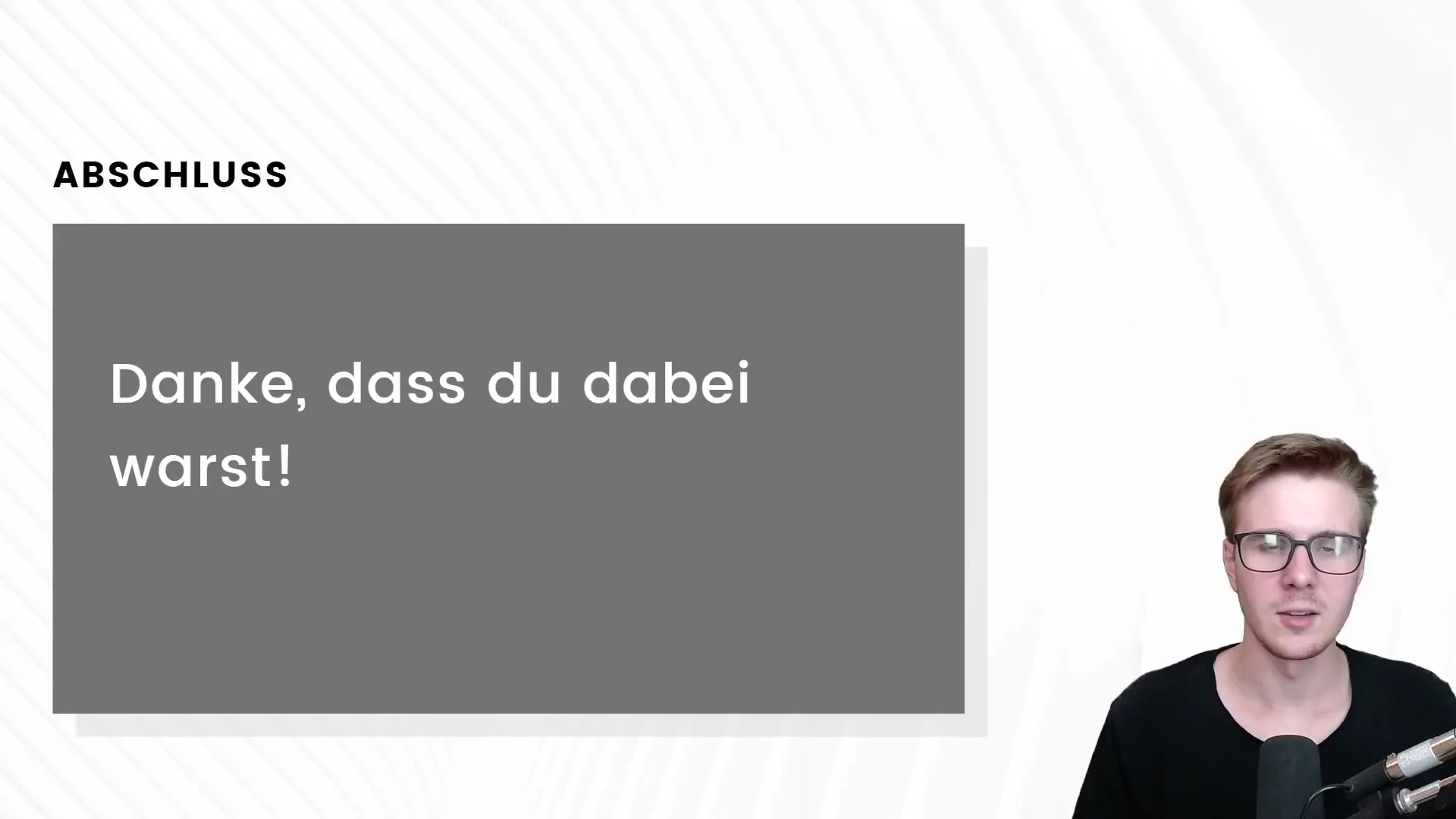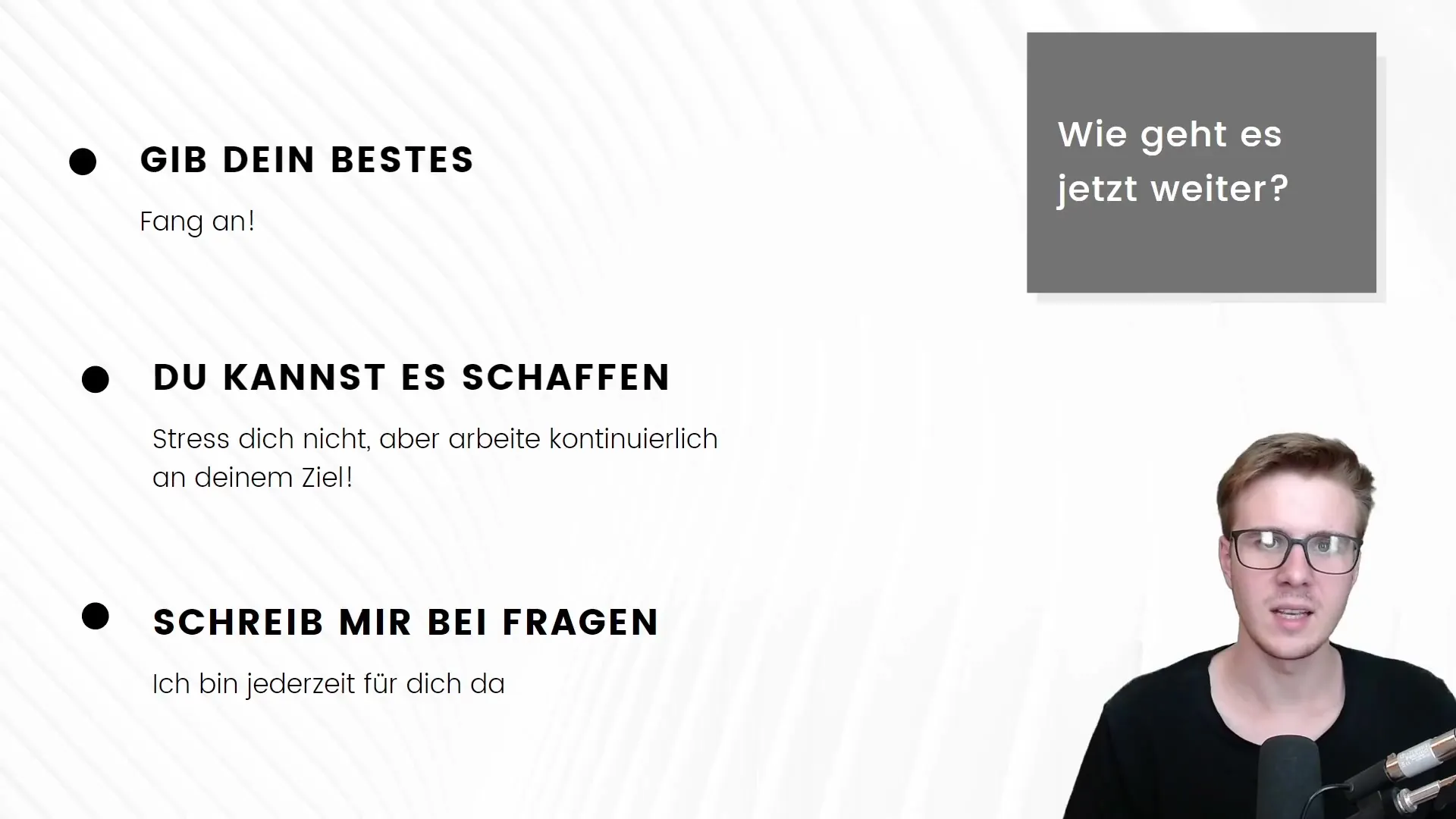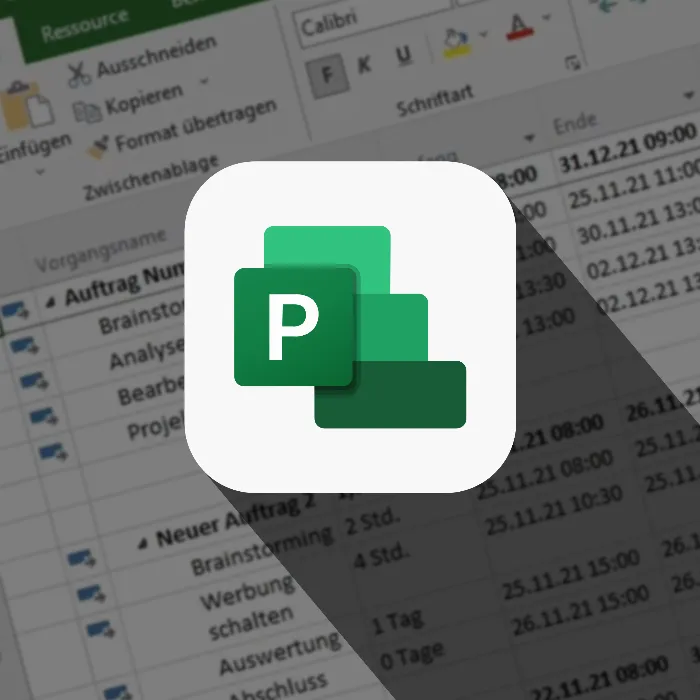Completing a course is not the end, but the beginning of a new journey. In this tutorial, I'd like to thank you not only for your participation but also to discuss how you can put what you've learned into practice. Acquiring knowledge is only the first step; what matters is what you do with it. Let's dive into the actual steps together that will help you make the most of your MS Project course.
Key Takeaways
- Put what you've learned into practice to achieve real progress.
- Schedule regular study times to reinforce your knowledge.
- Don't be shy to ask questions when something is unclear.
Putting it into Practice
If you want to successfully learn from this course, it is of utmost importance to actually apply what you've learned. You may possess the best theoretical knowledge, but without practical experience, much remains untapped.
Start by creating small projects in MS Project. Begin with the basics you were taught and expand your horizons step by step. You may find yourself wanting to learn more before starting on your own, but this thought can hold you back.

The first step to applying your knowledge is to take action. Make theory tangible by putting it into practice. Remember, knowledge is not power – it's applied knowledge that truly counts.
An important tip is to schedule a short break after the course before moving on to the next topic. This gives you the opportunity to process and reflect on what you've learned.

Regular Learning
Another crucial point is consistency in learning. Instead of consuming large amounts at once, it's often more effective to spend an hour or even just half an hour daily on a topic. By learning continuously, you engrain the information better.
Schedule your study sessions at fixed times to give your brain the opportunity to focus. It's been shown that when our brains are regularly challenged, they learn better and faster.
It's helpful to jot down specific questions that arise in your mind during learning. You can then address these questions purposefully when you have the time, aiding in understanding and deepening your grasp of the content.
Support for Questions
If you encounter questions during your learning journey, don't hesitate to clarify them. You can contact me anytime, and I will try to assist you. Even if the answer doesn't come immediately, don't give up! Every step you take brings you closer to your goal.
It's important to articulate your questions clearly so I can provide precise answers. This exchange not only enhances your learning but also fuels my commitment to offer you the best support possible.
Summary
Learning doesn't end with the completion of a course. It's rather the beginning of a journey that will elevate you to new heights through continuous learning and practical application. Implement your knowledge from the MS Project course, schedule regular study times, and actively seek answers to your questions. All these steps will help you become a better MS Project user and successfully manage your projects.
Frequently Asked Questions
How do I put what I've learned into practice?Start with small projects in MS Project to apply what you've learned practically.
How many study hours are optimal?It's helpful to study for half an hour to an hour daily and not consume too much at once.
Can I ask questions if I do not understand something?Yes, you can ask questions anytime, and I will try to assist you as quickly as possible.
Where can I reach you if I have questions?You can contact me via email at tobibecker1@hotmail.com.
How long should I pause before continuing to learn?A short break after the course is highly recommended to process what you've learned.

